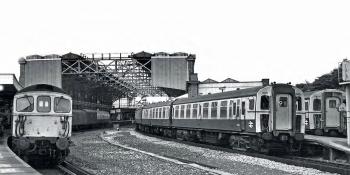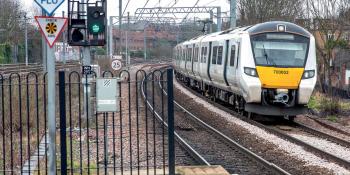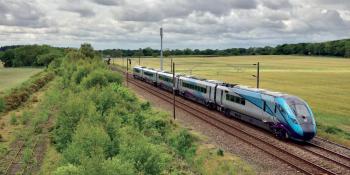Service recovery is the key immediate issue. Effective social distancing is most likely to be delivered by passengers themselves, principally through a widespread unwillingness to use public transport of any sort, and also because passengers will keep as far away from each other as possible. Inter-city services may initially operate on the basis of compulsory reservations, although there are significant issues with the network’s old, clunky reservation system, which works on the basis of filling up one coach at a time. There is a potential workaround for this, by creating dummy reservations for three-quarters of the seats before passengers can book – for some years, there has been a clear need for a new, more customer-friendly system.
However, even operation on the basis of compulsory reservations will fray round the edges. For example, the 07.23 Euston – Birmingham service arrives at Coventry in the middle of the West Midlands morning peak: are commuters to Birmingham going to hold back from getting on this train in order to travel on a slower, more crowded West Midlands service, putting themselves at greater risk of the virus?
Commuter volumes will of course remain low in any case, at least until t…




